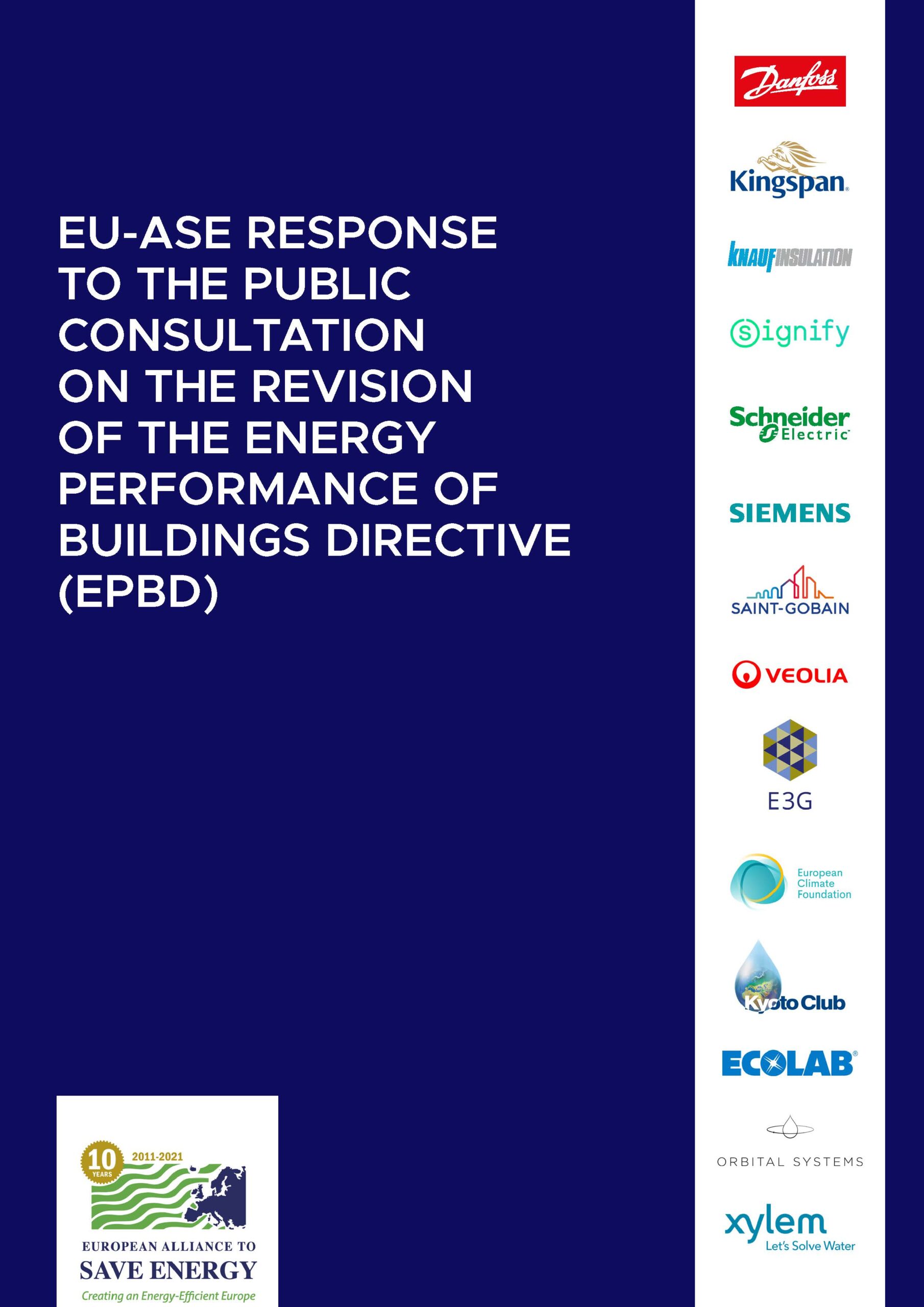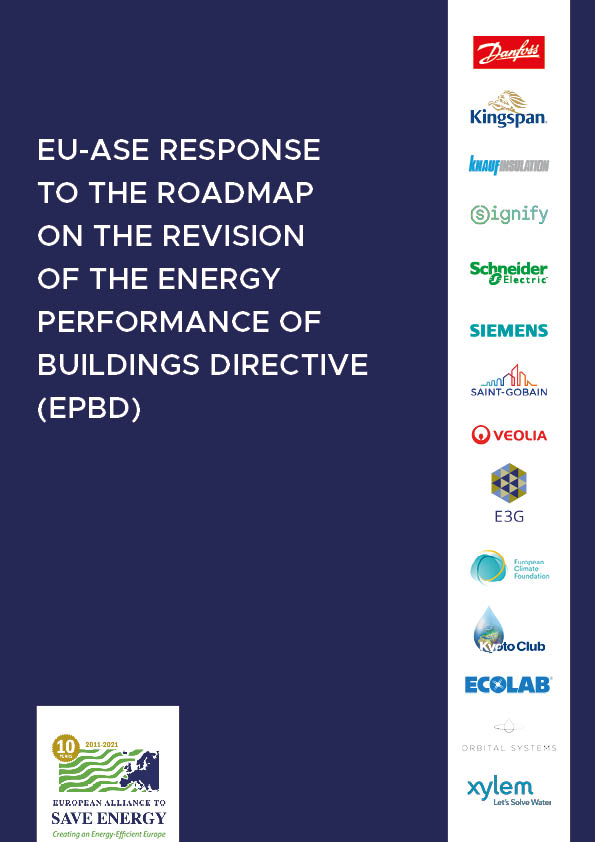EPBD recast: EU Commission proposal shows good intentions but low ambition

The recast of the Energy Performance of Buildings Directive is a key element to complete the “Fit for 55” package. The Commission’s proposal introduces better measures and tools to increase the rate and depth of building renovations. However, the overall ambition is not sufficient to tap the economic and environmental potential of the full decarbonisation of the EU building stock.
On Wednesday, the European Commission presented its proposal to revise the Energy Performance of Buildings Directive (EPBD). The EPBD is one of the elements of the broad “Fit for 55” legislative package which aims to help the Union cut by at least 55% its GHG emissions by 2030 and reach climate neutrality by 2050. Improving buildings’ energy performance is essential to achieve these objectives. According to the EU Renovation Wave communication buildings’ GHG emissions should be reduced by at least 60% by 2030: a gigantic social, economic and environmental challenge.
The European Alliance to Save Energy (EU-ASE) welcomes the intention of the Commission to address this challenge: the measures and tools proposed improve the current situation. The proposal, for example, introduces a pathway for buildings to become “Zero Emission” by 2050 and innovative requirements that can help trigger building renovations, like mandatory Minimum Energy Performance Standards (MEPS) for public and private residential and non-residential buildings.
On the other hand, the Commission has been too cautious when setting the level of ambition of the measures proposed and thus runs the risk that the multiple benefits of energy renovations, in terms of cost savings, increased property value, enhanced comfort and emission reductions, will remain largely untapped.
Monica Frassoni, President of the European Alliance to Save Energy, said: “The EPBD proposal is indisputably giving us better measures and tools to increase the rate and depth of building renovations. However, some key measures remain too weak in terms of proposed deadlines and scope and too much flexibility is given to Member states without a clear idea about what will happen if they are not fully implemented. All this makes the goal to fully decarbonize the building stock by 2050 even more challenging.
We will work over the next months to show to the European Parliament and Member States that it is necessary and worthwhile to step up the ambition, starting from revising the energy performance classes to be achieved via MEPS. Comprehensive renovations make economic and environmental sense. In the short-medium term, they are a rational, cost-effective and systemic solution to tackle rising energy prices. An ambitious EPBD must support this positive agenda, no ifs, and, or buts.”
Media contact:
Antoan Montignier
Policy and Advocacy Advisor
antoan.montignier@euase.eu
+32 499 84 97 28
About us
The European Alliance to Save Energy (EU-ASE) aims to advance the energy efficiency agenda in the European Union. The Alliance allows world’s leading multinational companies to join environmental campaigners and a cross-party group of Members of the European Parliament. EU-ASE business members have operations across the 27 Member States of the European Union, employ over 340.000 people in Europe and have an aggregated annual turnover of €115 billion.


